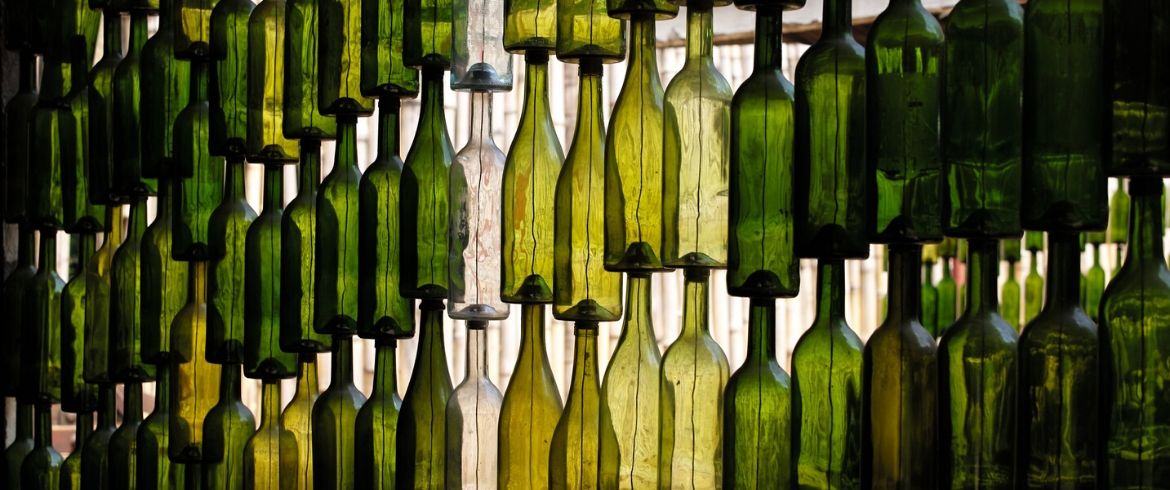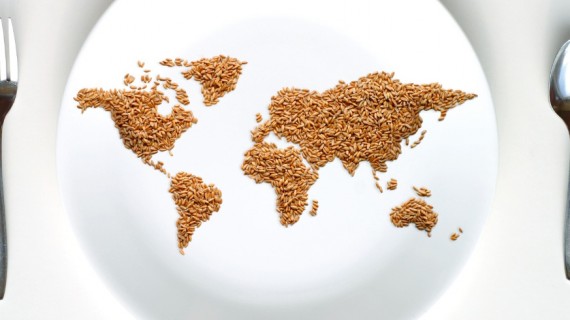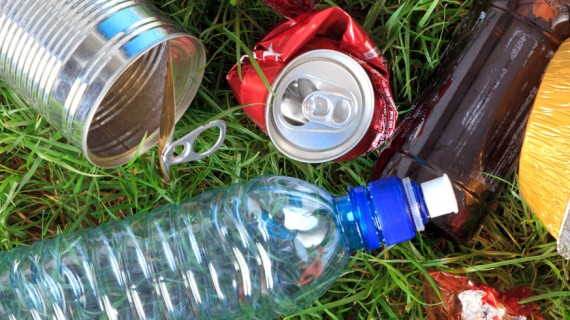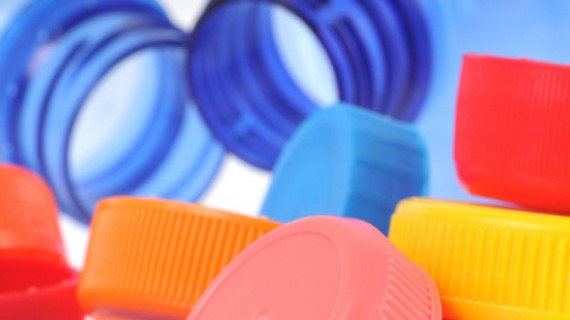With the deposit-refund system, green innovation comes from the past. The system can significantly reduce waste, promote the circular economy and save 950,000 euros of oil per day in a country like Italy.
For some Italian people, the expression “deposit-refund system” can evoke memories of youth, while for new generations it is almost completely unknown. In reality, it is an intelligent and innovative system that brings benefits to the environment and the economy, and that works very well in many countries.
Italy is the country in the world that drinks the most bottled water: according to this study, Italians consume 11 billion bottles a year. Replacing disposable bottles with a deposit-refund system, Italy could save about 950,000 Euro of oil per day. Let’s take a closer look at what the deposit-refund system, how it works, and what its benefits are for the planet and the economy.
What is the deposit-refund system?
The expression deposit-refund system indicates that a container (typically glass bottles, but also in PET plastic) once emptied must be returned to the supplier so that it can be reused (you can get up to 20 reuses for PET bottles, 40 for glass ones). Generally, those who buy the product in deposit-refund system pay a deposit which is given back upon return.
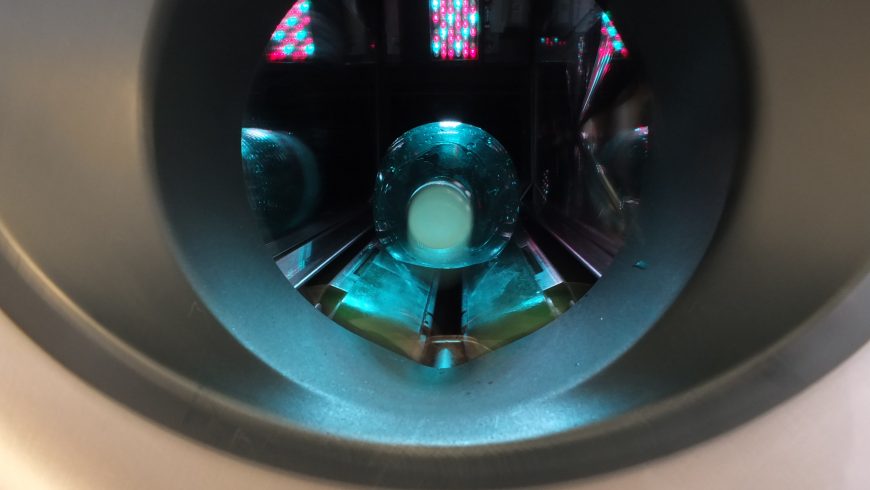
The deposit-refund system in the world
The deposit-refund system exists in 38 countries around the world, and everywhere it works with excellent results.
In Germany, as in all Scandinavian countries, thanks to the cash compensation to those who return cans and bottles (plastic, glass, aluminum) the recycling of these objects is about 97 percent.
In America, where the name of the mechanism is Bottle Bill, the waste from bottling materials has fallen by 70 percent and in Australia, it has fallen by over 85 percent.
In northern European countries, the deposit-refund system is a good habit consolidated for at least a decade.
It has already been common practice for years in Germany, Denmark, Estonia, Finland, Croatia, Norway, Sweden, Switzerland, Hungary, and the Czech Republic.
Not only the deposit-refund system is mandatory, but all retailers that sells a particular drink is forced to accept its empty container, even if the specific bottle was not purchased from them.

Germany for instance since the 1990s has adopted the pfandsystem or deposit-refund system.
The system expects that when you buy a bottled drink of mineral water or beer, in addition to the purchase price you pay the pfand, which is a deposit whose amount varies from 8 to 25 cents depending on the size and material of which the container is made of.
Once the contents have been drunk, the consumer can return the empty beverage container to the retail store, obtaining in return the deposit.
How much energy you can save with the deposit-refund system
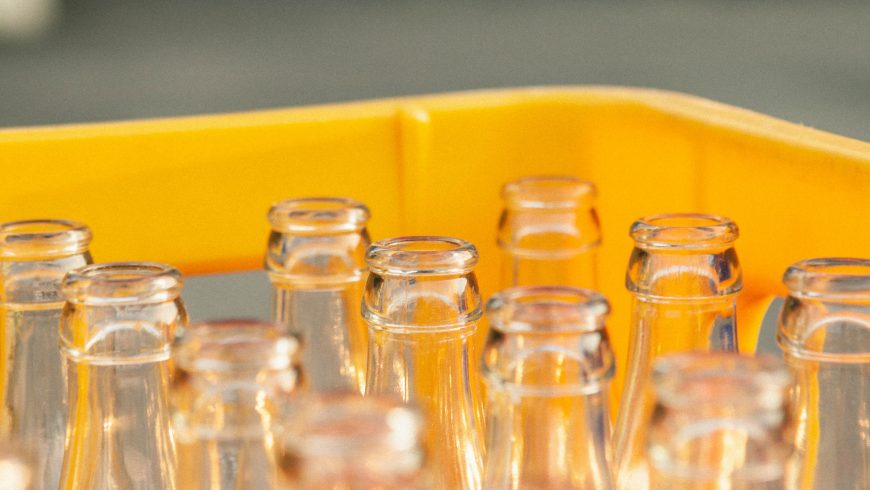
The “empty beverage container” must be returned clean and the user must be careful to do not to damage the bottles.
If the bottle is damaged it can no longer be returned and must be disposed of with the separate waste collection.
In the specific case of glass, according to studies conducted by the Federal Office of the Environment of Germany the reuse for 20 times of a glass bottle also involved an energy saving of 76.91%.
Glass is an infinitely 100% recyclable material and relatively easy to manage, just think that by recycling 1 kilogram of glass, energy consumption is reduced compared to the processing of the raw material by an amount of energy equal to 1.37 kwh, the equivalent of what a PC on for 24 hours consumes.
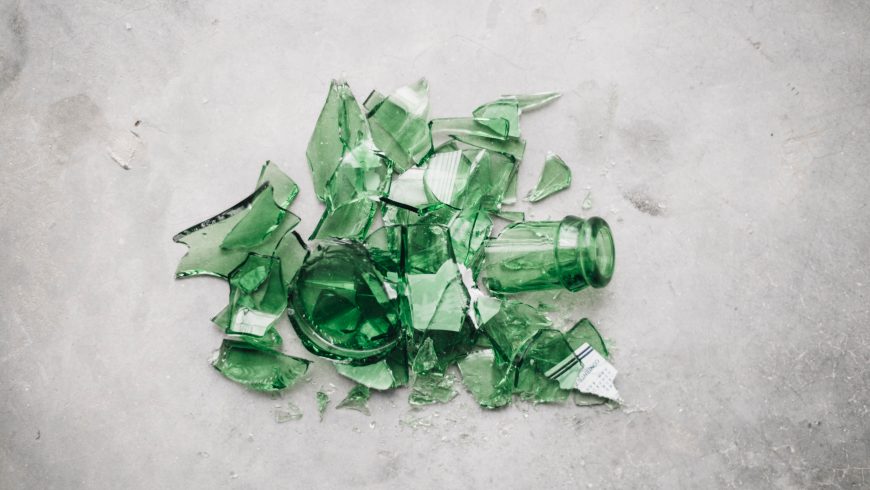
But one thing is the process of treating old glass (selection, crushing, casting, molding / blowing), quite another is that every company can reuse old bottles, after washing and disinfecting them for new drinks to be put on the market!
With the deposit-refund system it is not regeneration, but reuse!
Deposit-refund system in Italy
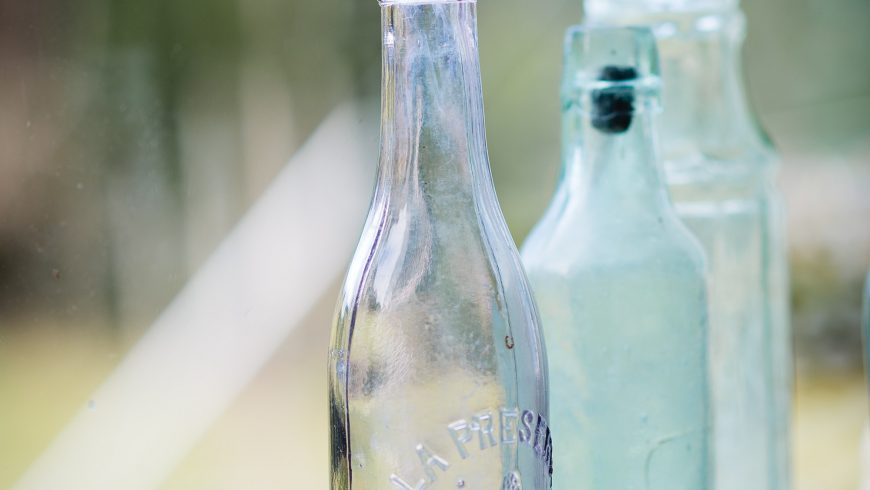
In Italy, as in most European countries, the deposit-refund system was widespread until the early 1960s, before the massive use of plastic.
For all products marketed in glass bottles, you paid a sort of deposit, a surcharge for bringing home the container beside the food content.
After the use, the buyer had the possibility to return the container and redeem the deposit or purchase a new product paying only the content and not the glass container (net of the deposit already paid).
Since October 2017, for one year, Italy has been made an attempt on a voluntary basis to reintroduce the deposit-refund system for retailers who have chosen to join the experimental project, limited only for bottles of water and beer for bars, shops, and restaurants.
But wrong experimentation cannot stop the process!
The deposit-refund system must be taken up and restored, it is an essential part of a more general plan for reducing waste.
The importance of the deposit
The deposit applied to the management of packaging is a prerogative for a more circular economy in which materials and products are reused in closed cycles on a large scale, for a waste elimination purpose.
The security deposit is the tool that guarantees the circularity of the life cycle of precious materials such as plastic, glass and aluminum of beverage containers because it avoids them to ending up wasted in landfills, incinerators, or even worse abandoned in the environment.
The lots of packaging that comes from the deposit-refund system also guarantee a constant and high-quality supply to the recyclers.
The security deposit for bottles and cans, in force only in a minority of states, has proven itself to be the only system able to guaranteeing recycling percentages that exceed 90% of the quantity released for consumption while preventing the abandonment of packaging in the environment.
Finally, it is essential to remember that for the success of a circular business model it is necessary to have the full collaboration of consumers, under penalty of not closing the consumption cycle.
We must learn to extend the life cycle of a product or material as much as possible, abandoning the culture of waste that has been prevalent in particular in recent decades.
The efficient and sustainable use of natural resources and the circular economy are key factors in the view of green and inclusive growth.
The deposit-refund system is a mechanism that allows the reuse of packaging avoiding that it ends up in landfills.
It is a form of recycling with undisputed economic, environmental and social advantages.
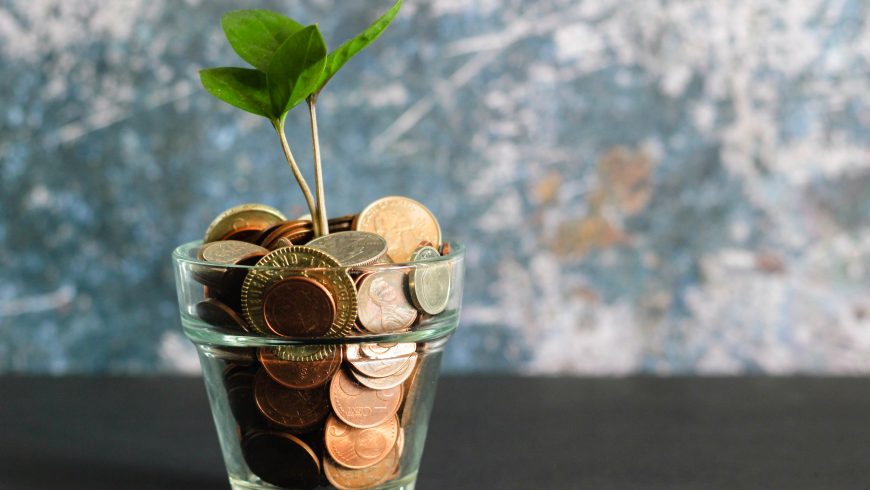
Cover image: Photo by Roman Boed, via Flickr
